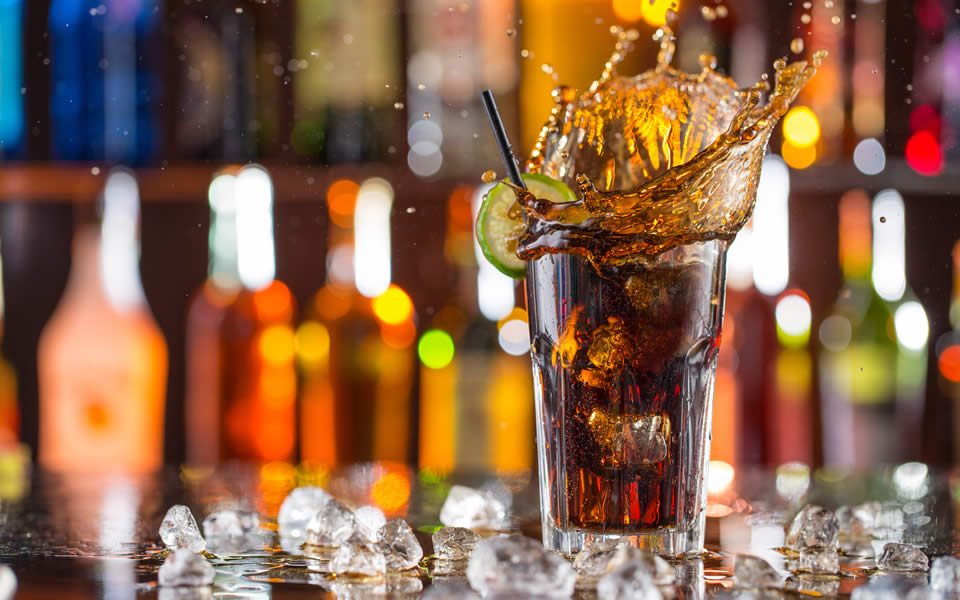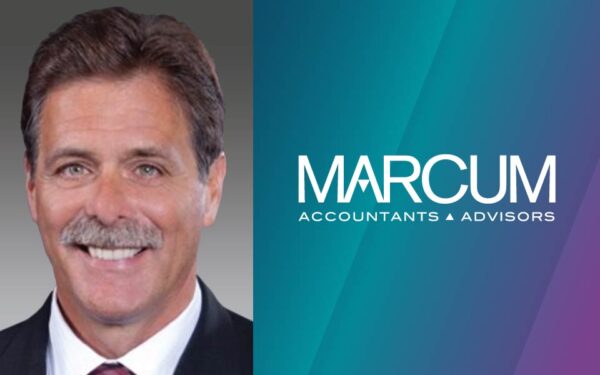Pandemic Accelerates Big Food and Beverage Company Strategies
By Louis Biscotti, Food and Beverage Services Leader
Over the years, I’ve often been critical of how slowly Big F&B companies react to consumer trends and how smaller companies are much more nimble and innovative. In 2021, though, I noticed a shift as PepsiCo and other Bigs evolved, using cutting edge techniques and technology to respond to consumer demands. The pandemic has clearly accelerated these shifts and propelled the Bigs to new levels. F&B giants are adapting and accelerating change. PepsiCo is probably a great place to start looking at this trend.
PepsiCo’s Techniques
PepsiCo has been analyzing consumer shifts for the last six years, according to Jeff Swearingen, senior vice president, who leads PepsiCo’s Demand Accelerator. The company is partnering with retail customers by utilizing their extensive databases of customers (stores) and consumers to increase partner sales. Utilizing artificial intelligence (AI), PepsiCo considers buying patterns, income levels, geography and other relevant factors that address not only its products, but the entire store inventory, up to and including total store redesign. PepsiCo uses AI to help partners identify trends, letting them be more nimble and react, boosting sales.
More than just data analytics, PepsiCo is innovating and bringing brands to market in under 200 days, according to Hannah Brooks, senior vice president of Global Quick Cycle Innovation (QCI). This is accomplished by their 3Ds: Data, Design Research, and Digital Testing. This approach was used with their Hilo Life keto-friendly snacks, as well as to great success with snack puffs in fiery hot flavors. Responding to consumer demands online and with social media has resulted in low-budget, effective and efficient launches.
Kiosks and Consumers
PepsiCo doesn’t stop there when it comes to using technology and data to identify trends. The company’s Scott Finlow, CMO of Global Foodservice, mentioned four new approaches in various testing stages that are showing promising results and feedback. The first involves often-untaken opportunities and addresses the current labor shortages and consumer preferences. Quik Pick is a first of its kind front-end digital kiosk. This cooler uses AI and computer-enabled vision where consumers swipe a credit card, open the door and retrieve the product. When the door closes, the transaction is complete. The initial results include increased revenue (up 78% vs. comparable glass front vending machines) and excellent accuracy (99%).
There’s also Pepsi GO, a contactless store, similar to AmazonGo, that uses AI technology and computer recognition to provide a seamless customer experience. Pepsi GO was initially deployed at Expo 2020 Dubai as a test-and–learn and will remain in place through March 2022, where to date it has had more than 22,000 visitors with great feedback. Then there’s gesture technology, which utilizes touchless ordering and overlays menus, recently tested with KFC in Poland. Finally, there are hydration stations that address sustainability (single-use packaging), where your beverage can be personalized to your specifications. It even remembers your reusable water bottle through a QR code and helps consumers meet hydration goals through an app, both of which are so important to consumers today.
Change at Coca-Cola
The Coca-Cola Co., meanwhile, has been trying to be more nimble, reorganizing its business for what the company called a “fast-changing marketplace.” Chairman and CEO James Quincey said the goal is to “put execution closer to customers and consumers.” In 2020, Coca-Cola divided the company into nine operating units, down from 17, focusing on five global categories: Coca-Cola, sparkling drinks, hydration/sports/coffee and tea, nutrition/juice/milk, and plant and “emerging categories.”
“We’re constantly transforming our portfolio, from reducing sugar in our drinks to bringing innovative new products to market,” according to a statement from Coca-Cola.
The company is playing hard ball way beyond soft drinks, in 2019 acquiring Costa as it seeks to expand in coffee and become entrepreneurial. It has been rolling out coffee products ever since. Food Business News in 2020 reported Coca-Cola is debuting Mango and Black Tea flavored AHA sparkling water, including 30 mg. of caffeine and no sugar.
Coca-Cola hopes to find a wedding made in consumer heaven, this year rolling out Coca-Cola with Coffee in Dark Blend, Vanilla and Caramel. The company sees the launch as a mix of “the uplifting and refreshing Coca-Cola taste and the familiar flavor of coffee.”
Innovation Incubators
Big companies often look to smaller ones for new ideas, providing investment along the way. In addition to its own innovation, PepsiCo, for instance, with its Greenhouse Accelerator, funded companies innovating in the health and wellness space in 2021. Antonio Tataranni, PepsiCo’s senior vice president for R&D and chief medical officer, said the company is targeting companies in areas such as “personalized nutrition, functional foods and supplements.”
PepsiCo is not alone when it comes to incubators and accelerators. The Kraft Heinz Co., formed from a 2015 combination of Kraft Food and H.J. Heinz & Co., is partnering to find promising start-ups. It’s teaming up with the organizers of the Future Food-Tech series to launch an Innovation Challenge focused on sustainability, health, affordability, taste and convenience. Finalists get to pitch ideas to Kraft Heinz executives.
“We invite you to unleash all your entrepreneurial creativity and technological affinity to develop these revolutionary innovations,” said Erik-Jan Ransdorp, international director of research and development for Better Meals & EMEA (Europe, the Middle East and Africa) at Kraft Heinz.
Keenly aware of plant-based alternatives to milk, Nestlé is looking both within and without for new ideas. The company in 2020 debuted an accelerator program focusing on dairy and plant-based dairy to “drive innovation and speed-to-market.” The idea is to work with scientists, start-ups and students.
The World in 3D
While Big F&B companies seek to build on brand loyalty, they’re also tweaking their businesses using technology, trying to stay on top of trends and tastes as they launch new products. PepsiCo executives may have summed up the strategy for big companies best in a 3D universe where Data, Design Research, and Digital Testing can help navigate consumer tastes.
Nevertheless, it’s not just about setting a course, but adjusting based on decisions and data. PepsiCo can point to snack puffs in fiery hot flavors as one success. Big companies still have the strength that comes with size, but now more than ever, they are developing speed to market. These big boats may make big waves with new launches, as they seek to leverage their brands, while evolving amid changing times and tastes.
This article first appeared in Forbes, January 2022.







